Blender is a free and open-source 3D creation suite. It supports the entirety of the 3D pipeline.
if you are curious about knowing what blender can do then keep watching because we are going to break down all the essential functions that this 3D program is capable of and how it is being used.
1_Modeling

Blender has a comprehensive array of modeling tools for make creating, transforming, and editing your 3D models.
blender also has a lot of modifiers which are automatic operations that affect objects in a non-destructive way to gain time and to make the modeling process easier and efficient.
blender has UV unwrapping tools that are strong and superior to some of the 3D programs used in game development and VFX.
Blender allows for:
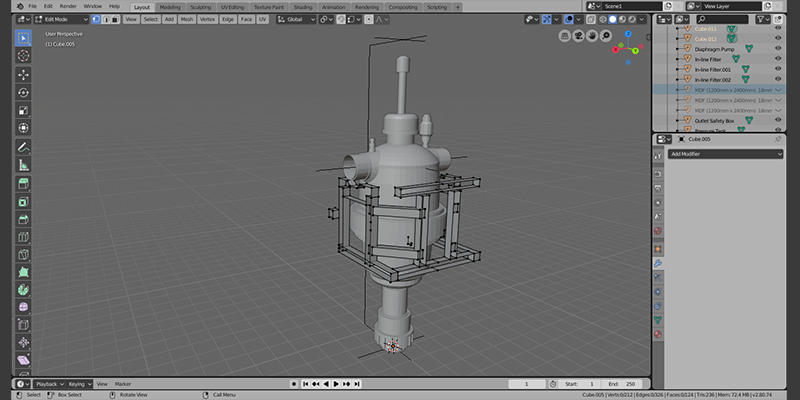
Fast Cube, Cylinder, Sphere and Camera projections.
Conformal and Angle Based unwrapping (with edge seams and vertex pinning).
Painting directly onto the mesh.
Multiple UV layers.
UV layout image exporting.
Blender has a lot of cool modeling add-ons that have been ported to the new versions, and it will allow you to take your modeling game to the next level. among these are boxcutter, hardops and Meshmashine.
blender has been used by beginners and professionals to create amazing 3D models over the years using the modeling tools it offers, and there are lots of professional artists that use some of its features as a secret weapon or a last resort when they can’t do something in their main 3D program.
2_Sculpting
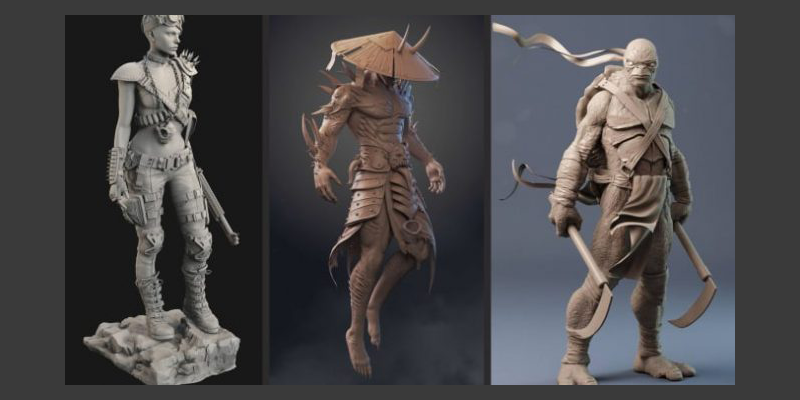
Blender offers polygonal modeling, in addition to that, you can sculpt as well which is a great thing because in other 3D packages you have to switch software to Zbrush or Mudbox.blender’s ability to sculpt simplifies the transition between conceptual research and final model production.
sculpting in blender can be achieved using lots of tools like:
20 different brush types
Multi-res sculpting support
Dynamic Topology sculpting
and Mirrored sculpting
sculpting is an important part of creating a character, props and even the environment, using blender’s sculpting tools is going to allow you to create even more complicated and detailed 3D models with finer details and you’ll have better results overall compared to relying on polygonal modeling only.
3_Riggin & Animation
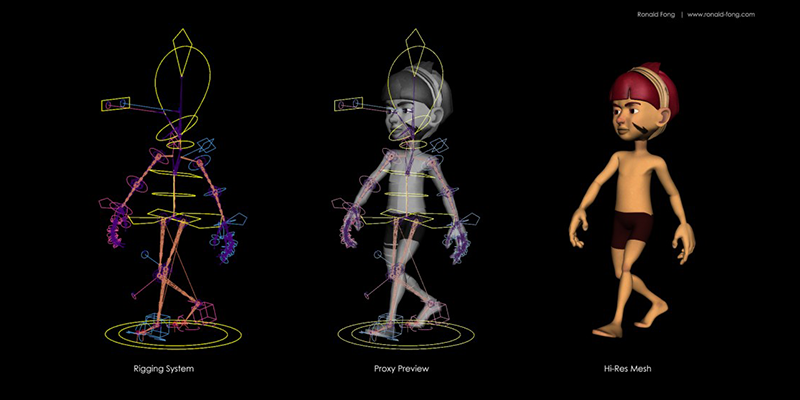
when it comes to animation blender has a good reputation because it can be a strong and reliable program when animation is needed.
Blender’s animation feature set offers:
Character animation pose editor
Non-Linear Animation (NLA) for independent movements
IK forward/inverse kinematics for fast poses
and Sound synchronization to name a few.
rigging also can be done using Blender which is a very important process that comes before animation.
rigging allows animators to transform a model into a posable character that can move freely to do any kind of animation needed.
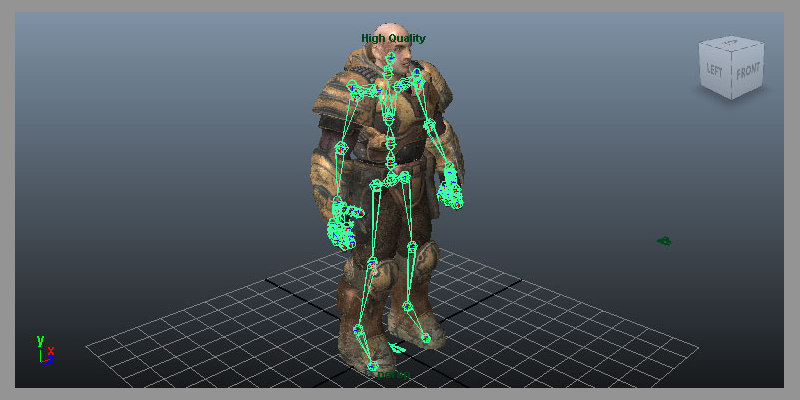
Blender offers an impressive set of rigging tools including:
Envelope, skeleton and automatic skinning
Easy weight painting
Mirror functionality
Bone layers and colored groups for organization
and B-spline interpolated bones
4_Effects & simulations
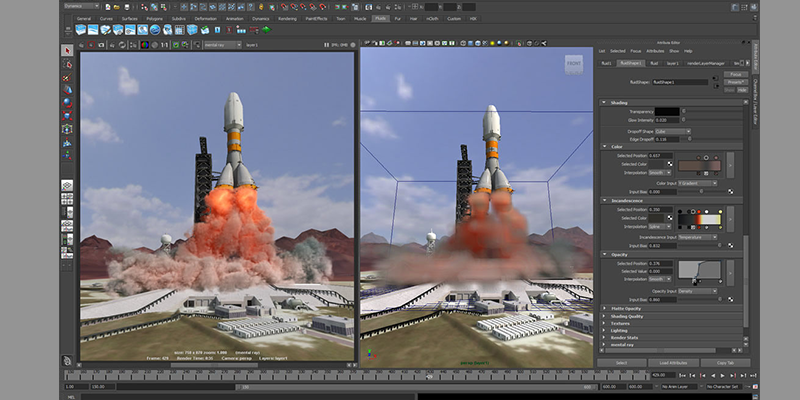
simulations and effects are an important part of any 3d program and Blender has been developed over the years to cover this area of production properly.
blender can do a lot of simulations from fire, smoke, fluids, hair, cloth, rigid bodies and particles.
even though blender has seen a lot of growth when it comes to simulations and effects it is still being pushed further by independent developers and artists who are creating new tools and new ways of
generating particles simulations and so on thanks to blender being an open-source 3D program.
there are actually effects artists creating amazing looking simulations that are breath taking, you wouldn’t believe that blender can do these amazing simulations especially if all you hear about it is that it is free and for hobbyists.
5_Rendering

in Blender you can use two powerful rendering engines which are cycles and Eevee. Also you can use external renreders that can be integrated with it.
but for the most part cycles and Eevee are great rendering engines that can create amazing results.Cycles which is Blender’s ray-trace based production render engine has lots of features like:
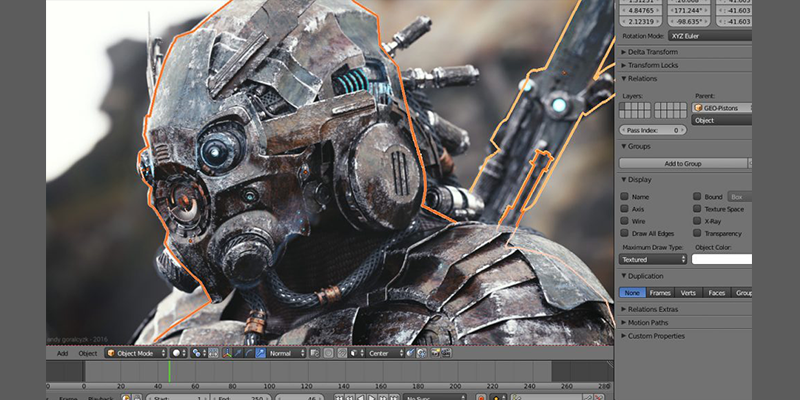
Unidirectional path tracing with multiple importance sampling
Multi-core CPU rendering with SIMD acceleration
GPU rendering with NVidia CUDA & AMD OpenCL
Multi-GPU support
Unified rendering kernel for CPU and GPU
also eevee is a great engine that added a lot to what you can do rendering in Blender like bridging the gap between offline and real-time rendering. you can previsualize cycles shading with great accuracy in real-time in the viewport and significantly speed up the shading and texturing process.
6_Concept art
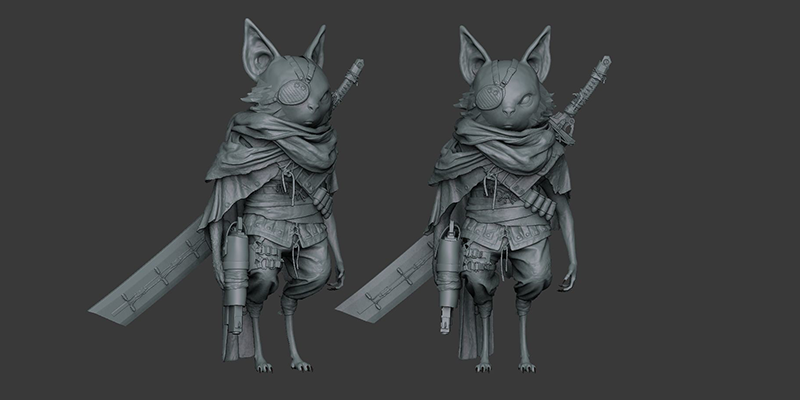
even though blender is a 3D program it is actually being used by professional concept artists to get their job done.
concept art is not created entirely in photoshop or 2D applications in general because you can use 3D in order to accelerate the creation process, make it a little bit easier and way more accurate.
a lot of 3D artists use 3D programs in concept art because they want to get the proportions and perspective right, and this can be of a huge help later in the next processes of creating their art.

in these days learning 3D in concept art is a very good thing to do because with the growth of the industry and the changes that are happening 3D is required more and more.
since a concept artist’s job is not heavily dependent on 3 they need something powerful and low in cost.Blender is there to fulfill their needs. i think this is a very good choice because they have other software and licenses that they have to pay for in order to create their illustrations, why would they use a 3D software other than blender, but the fact is there are some concept artists using 3Ds max and Maya for their work but i would say that these guys are invested in 3D and they made their choice to use that software.
7_Story art

you don’t expect a 3d program to do story art but Blender does that , you can draw directly in the viewport which gives a lot of freedom to storyboarders and 2D Artists.
among the features are:
Combining 2D with 3D right in the viewport
Full Animation Support with Onion Skinning
Layers & Colors for Stroke and Fill
Sculpt brush strokes & Parent to 3D objects
Also, Blender comes with the grease pencil object which is a particular type of Blender object that allows you to draw in the 3D space. it can be used to make traditional 2D animation, cut-out animation, motion graphics or use it as a storyboard tool among other things.
8_compositing & motion tracking

Blender comes with a fully fledged built-in compositor. This allows you to post-produce your renders without leaving Blender.
The compositor comes with:
Impressive library of nodes for creating camera fx, color grading, vignettes and much more
Render-layer support
Full compositing with images and video files
Ability to render to multiLayer OpenEXR files
Multi-threaded
Blender features production ready camera and object tracking, allowing you to import raw footage, track it, mask areas and reconstruct the camera movements live in your 3d scene. Eliminating the need to switch
between programs.
The Camera and Object Tracker includes:
Automatic and manual tracking
Powerful camera reconstruction
Real-time preview of your tracked footage and 3d scene
Support for Planar tracking and Tripod solvers
9_Video Editing

Blender comes with a built-in video sequence editor which allows you to perform basic actions like video cuts and splicing, as well as more complex tasks like video masking or color grading.
The Video Editor includes:
Live preview, luma waveform, chroma vectorscope and histogram displays.
Audio mixing, syncing, scrubbing and waveform visualization.
Up to 32 slots for adding video, images, audio, scenes, masks and effects.
Speed control, adjustment layers, transitions, keyframes, filters and more!
10_Scripting

With a large community of enthusiasts and developers, Blender comes loaded with a vast array of extensions that you can turn on or off easily.
Some existing extensions include:
Generators for trees, terrain, ivy and clouds.
Fracture Objects.
3D Printing Toolbox.
Rigify meta-rigging system.
Import and Export format support for AfterEffects, DirectX, Unreal Game Engine and more!
if you have good knowledge in scripting you can start developing new add-ons and tools that can be used in Blender because is open source.

technical artists or developers can expand blender, for those who want to be part of this they should:
Know how to run a script in Blender’s text editor you should be familiar with the basics of working in Blender.
Have an understanding of Python c and C++ scripting languages.
Join a community.
with Blender you can join a community of artists hobbyists and professionals, because blender is not just a 3D software it is actually a community.
whether you are newbie or an advanced artist you will find a place in the community, if you have questions you want to ask there are going to be a lot of people there for you to help answer them and solve your issues.
Also there are a lot of free and paid tutorials that you can find that can guide you to learn more about this 3D program that has a large user base.
For More information check out : https://www.blender.org/

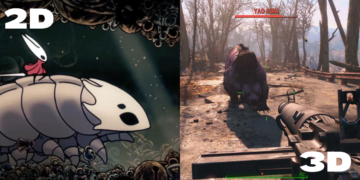
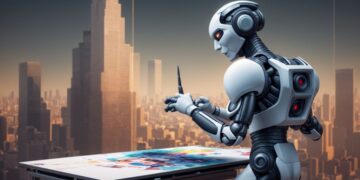
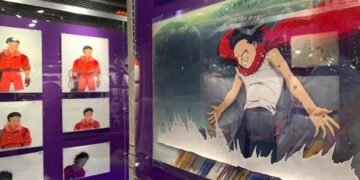

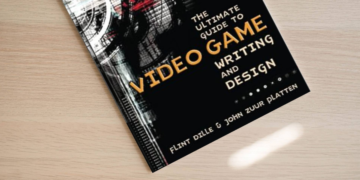
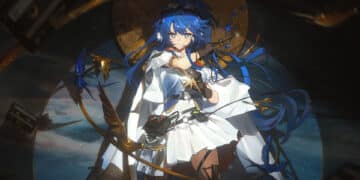
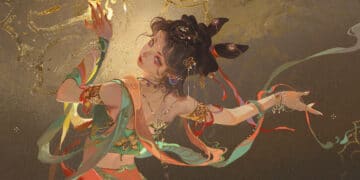
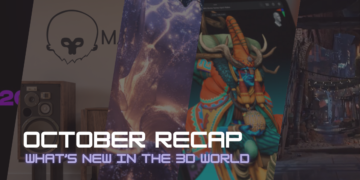
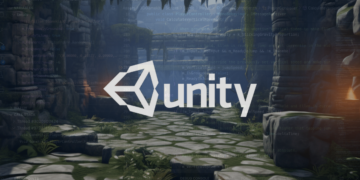
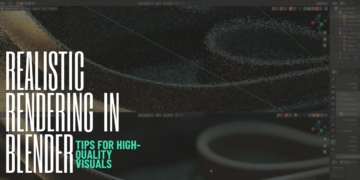
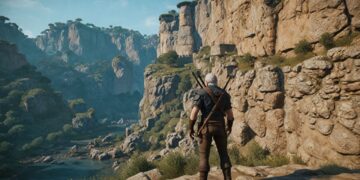

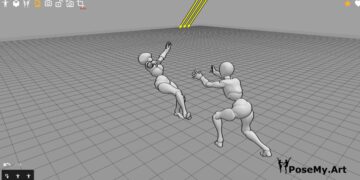
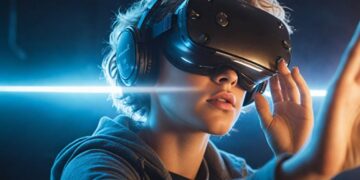
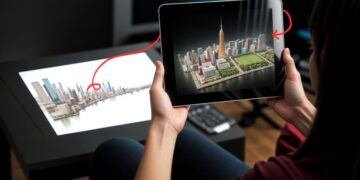
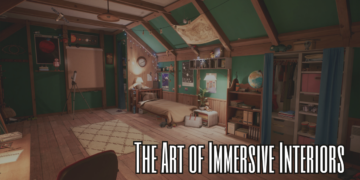
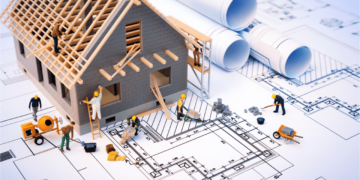

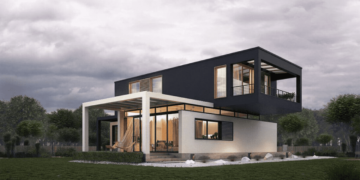
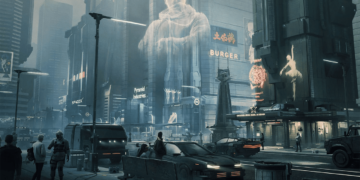
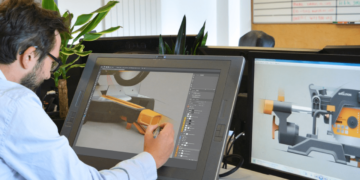
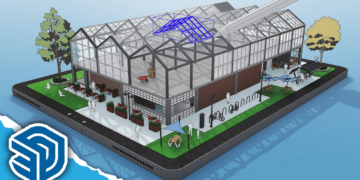
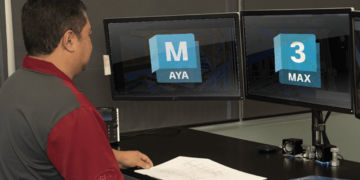

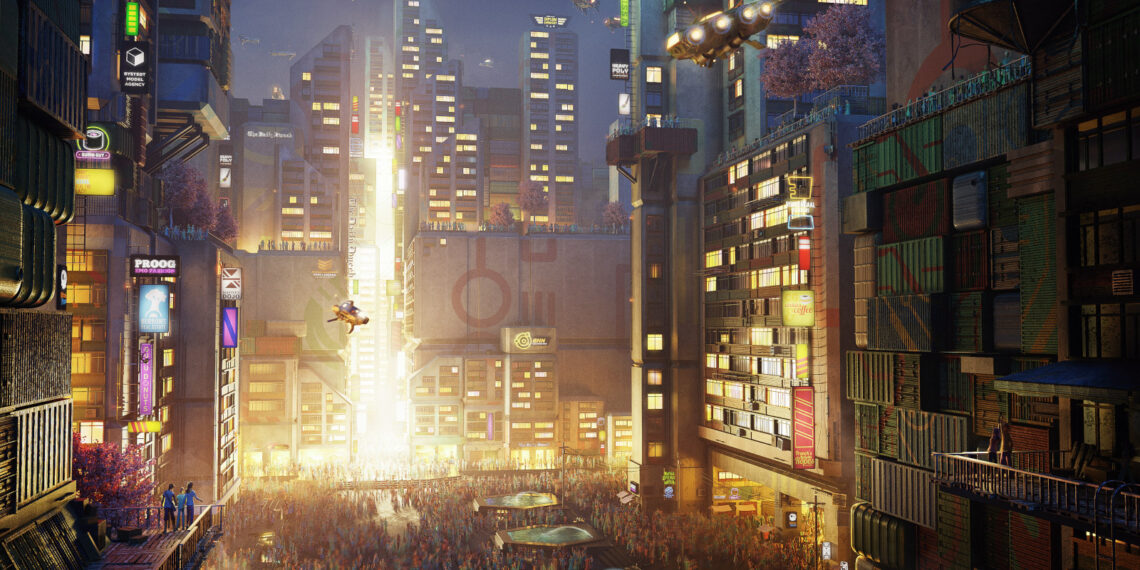


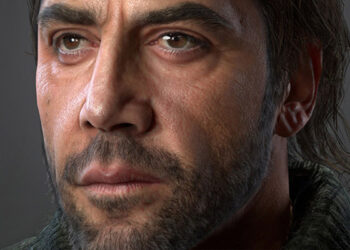
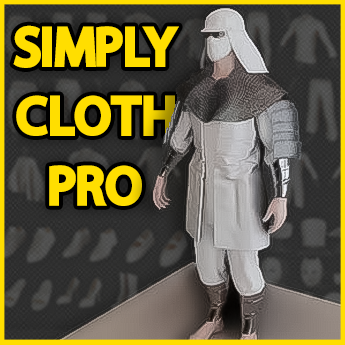

Are those videos from 1:10 through 1:23 from modeling tutorials? If so, can you share the links to them? I am having trouble with creating proper beveling inside of relatively complex geometry, and I suspect that it may have to do with the lack of edge or face loops within specific parts of the mesh. There has to be a way to define custom loops as it appears to be done in your video clips, but I cannot find any help with this. I do hope that you can help point me in the right direction.
Note: I posted this same question on YouTube, but I did not receive any response there. Again, I REALLY hope you can connect me with those videos!